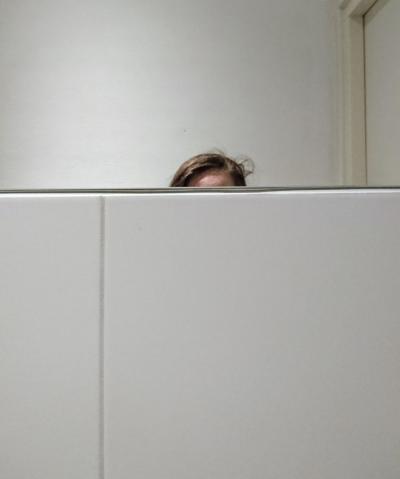
All my life I have bin tiny. Something that will never change. Because of my tinyness I can not reach the floor when I'm sitting on a regular chair. People loose me in a crowd or look for me when I am right in front of them. And it is hard to look people directly in to the eyes. These are only a few things that are normal in my day to day life. So, I made solutions to make my life easier.







My thesis examines ways to intrinsically motivate students in art education. I investigated ways in which I can inspire students to become motivated on their own accord, instead of using a reward and punishment-based system, concentrating on the process experienced by the student engaged in an art education project. My focus is therefore on the process rather than on the final project, as the student is learning during the process. The student is experimenting, doing research, looking at his or her work with a critical eye, and looking forward with a view to producing a final product. It is important that the student is able to make mistakes while working on the project, in order to learn by trial and error before the project is completed. Mistakes are an important part of the learning process, in order to explain why it does – or does not – work.
Although I wish to place the emphasis on the importance of the process itself, it does not mean that the final product is not taken into consideration. After all, the finished product represents the entire development made by the students and, if they do not have this, they will have no material proof of what they have learned.
Greater involvement with the process precludes the need for reward, such as a high mark or an attractive final project. If the teacher shows his or her students that the process is also important and pays attention to this rather than to high marks, a student will attach more value to this as well.
Giving individual students the chance to choose their own goal promotes a sense of independence and authenticity. This gives the student a challenge and autonomy, in which he or she can find his or her way in order to experiment. Because the student has control over the process, this method will help him or her gain new insights. It is important to provide support to the students by giving them an opportunity to ask critical, self-reflective questions so that they will be able to stay on course towards their self-chosen goal. These moments also shed light onto their own learning process.
The ability to discern progress and growth in the learning process will make students even more motivated to take action and learn. As a result, the students will enter the classroom each day bursting with energy and eagerness to set to work on their project again. After all, art should be a subject that you enjoy and from which you learn valuable things.